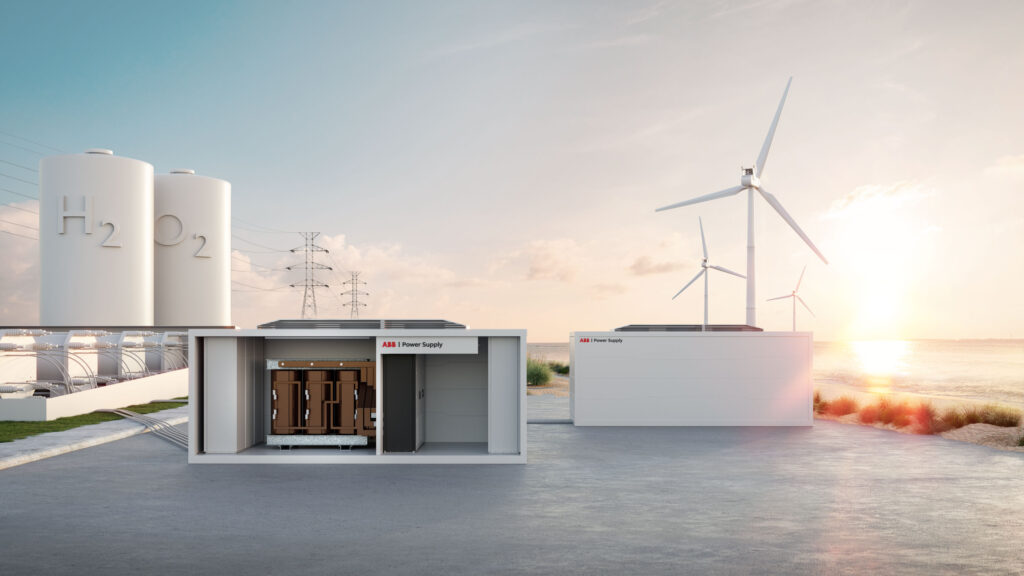Electrified Hydrogen Systems: An Overview
Authors: Sohaib Qazi, Ahmed Abdelhakim,Thiago Batista Soeiro, Qianwen Xu, Sjoerd Bosga, Francisco Canales
Extended Abstract:
Hydrogen is increasingly recognized as a key enabler in the global shift toward sustainable and carbon-neutral energy systems, particularly for sectors that are difficult to decarbonize. Its role spans both production and utilization. On the production side, several methods exist, with water electrolysis standing out due to its low CO₂ emissions—especially when powered by renewable energy sources. A critical component in this process is the power supply system for the electrolyzer, which must efficiently manage unregulated DC input at megawatt-scale power levels.
On the utilization side, hydrogen can serve directly as a feedstock or be used to generate energy through internal combustion engines or fuel cells. Fuel cells, in particular, require power electronics to manage and control the conversion of chemical energy into electrical output, enabling advantages such as reduced noise and vibration.
The integration of power electronics into hydrogen systems is essential for optimizing performance, reducing capital costs, and improving overall system efficiency. However, the deployment of such systems also brings unique challenges, including the inherent risks associated with hydrogen handling and the need for robust, scalable power conversion solutions. Advancements in electric powertrain technologies and power conversion interfaces are central to unlocking the full potential of hydrogen in a decarbonized energy landscape, offering new opportunities for innovation in both academic research and industrial application.
As hydrogen continues to gain momentum in global energy strategies, a clear focus on the role of power electronics across its production, storage, and utilization phases is imperative. These technologies are not only key enablers of technical performance but also crucial in reducing overall system cost, enhancing safety, and accelerating the transition to a sustainable hydrogen economy.


